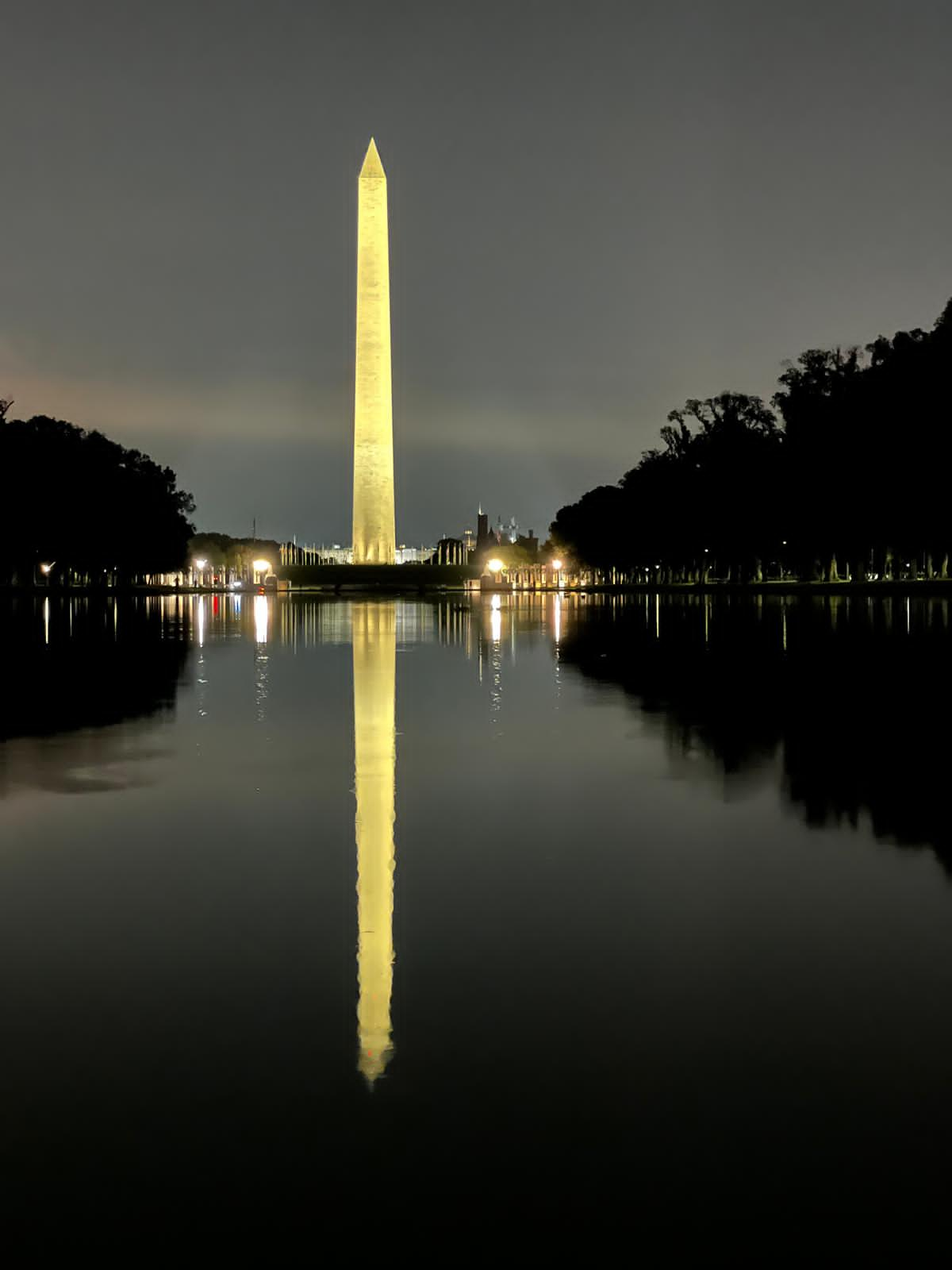Rory Miller, PhD, Professor of International Politics, Georgetown University in Qatar
The term Arab Gulf is common shorthand for the Persian Gulf and Arabian Peninsula when referring to the six Sunni Muslim Arab monarchies of the Gulf Cooperation Council (GCC): Saudi Arabia, Oman, the United Arab Emirates (UAE), Qatar, Bahrain and Kuwait. Together they make up six of the region’s nine countries, half of its entire territory, all of its western littoral and two-thirds of its northern area.
Since the ill-fated Iraqi invasion and occupation of Kuwait in 1990-91, the US has been the main seurity provider for all six of these states. So at the most fundamental level, these states are thinking about how the upcoming US elections will impact on their physical security. They are especially preoccupied with whether a Trump or Harris administration is more likely to come to their aid in a crisis that threatens their stability or sovereignty.
A second important consideration is whether a Trump or Harris administration is more likely to allow each of these states to make domestic and foreign policy decisions free from US interference. This is a particularly important consideration in relation to three distinct, but overlapping, issues: 1) The fourth energy transition and the move to renewables; 2) access to sensitive civilian technology and military hardware; 3) and evovling diplomatic, economic, security and financial relations with Washington’s major regional and global competitors and foes – China, Russia and China.
Trump and Harris have very contrasting approaches to governing and their policies may be presented very differently. But regardless of which one is victorious in November they will both be committed to defending and promoting US interests on all these issues in ways that may be detrimental to Gulf interests.
Since the Arab Spring, some Gulf actors have looked to capitalize on regional instability to promote their own interests. But as of now, in 2024, there is a consensus across the six Gulf states that the region desperately needs the US needs to be a consistent force for stabitliy and order, rather than instability and disorder. In these terms, another question preoccupying Gulf decision-makers right now is which candidate, if either, has the political will, and interest in investing American resources in the protection of Gulf sovereign rights from outside inteference and, more generaly, promote stability and order in the region.
The current Biden administration is viewed to be a key cause of regional instability for its handling of the wars in Gaza and Lebanon and the escalation of tensions between Israel-Iran. It is unlikey that either a Trump or Harris administration will play a more positve role in any of these crises, though a Trump administration that plays an even more pro-active role in support of Israel is also a real possibility.
Traditionally all the Gulf states have attached huge importance to their relationships with US presidents and, as a result, they have tended to neglect US institutions in their policy calculations. This has been gradually changing in recent years. Doubts over both Harris and Trump’s reliability, commitment and political will, albeit for different reasons, means that Gulf decision-makers will focus even more on consolidating ties with US institutions – including the Pentagon, Congress and local embassies– in order to “election proof” bilateral relations as much as possible.
In the final account, for all the obvious differences between Harris and Trump in terms of values and preferences, Gulf leaders know that for better or worse they should expect continuinty rather than change in US policy in the Gulf and the wider Middle East.
Roundtable “From Washington to the World: Regional Perspectives on the U.S. Elections and the Future of Global Affairs”, 9 October 2024, University of Macedonia, Thessaloniki
Watch the full Roundtable here.


